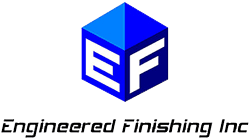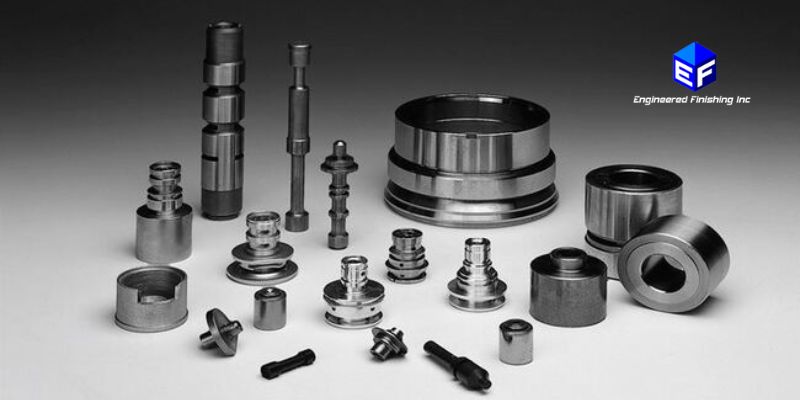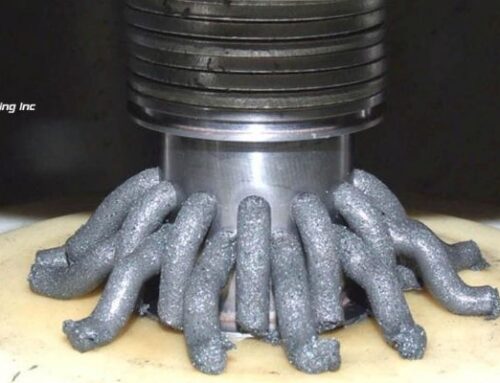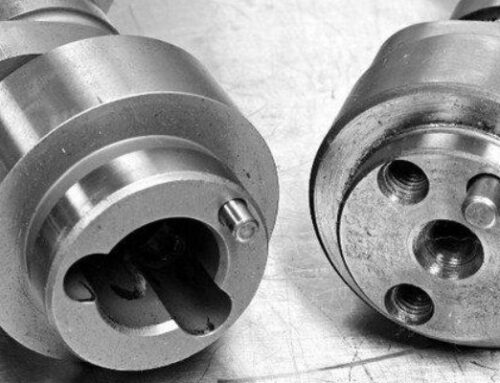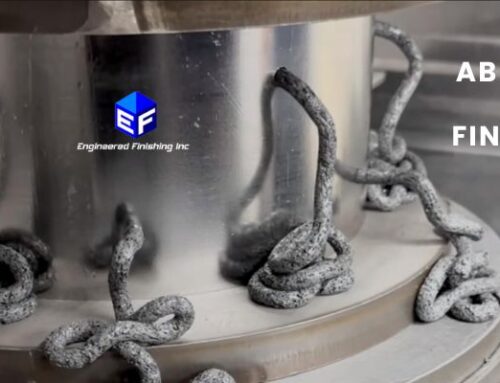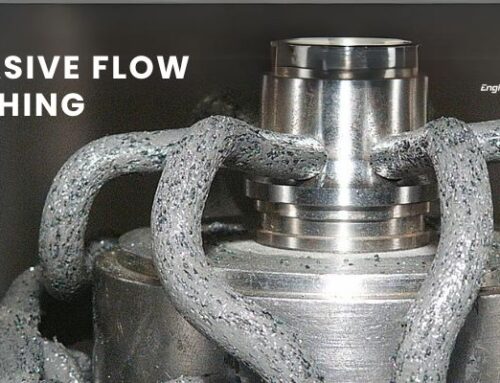In the industrial manufacturing world, precision and surface quality are paramount. Whether it’s aerospace components, medical devices, automotive parts, or any other product, achieving the desired surface finish is crucial for both functionality and aesthetics. Abrasive Flow Finishing (AFF) stands out as a highly effective method for achieving exceptional surface quality in a wide range of industrial applications.
Understanding Abrasive Flow Finishing (AFF)
Abrasive Flow Finishing is a precision machining process that utilizes a specialized abrasive media, often in a semi-solid or viscous form, to polish and deburr workpiece surfaces. The process involves forcing this abrasive media through the internal passages and cavities of the workpiece, effectively removing imperfections and refining surface roughness.
Advantages of Abrasive Flow Finishing
1. Consistent Surface Finish:
AFF provides exceptional consistency in surface finish across complex geometries and intricate internal passages. This consistency is vital in industries where even minor surface irregularities can compromise performance or aesthetics.
2. Deburring and Edge Radiusing:
One of the primary benefits of AFF is its ability to effectively remove burrs and sharp edges from machined parts. This not only improves the safety of the components but also enhances their functionality and lifespan.
3. Improved Material Removal:
AFF can selectively target material removal, allowing manufacturers to precisely control the amount of material removed from specific areas. This capability is particularly advantageous in applications where tight tolerances and fine adjustments are required.
4. Enhanced Surface Integrity:
Unlike traditional machining processes that can induce thermal and mechanical stresses, AFF operates at lower temperatures and pressures, minimizing the risk of surface damage or distortion. As a result, AFF preserves the integrity of the workpiece material, reducing the likelihood of premature component failure.
5. Versatility:
AFF is highly versatile and can be tailored to suit the requirements of various materials, including metals, ceramics, composites, and polymers. This versatility makes it an ideal choice for a wide range of industries, from aerospace and automotive to medical and electronics.
6. Automation Compatibility:
With advancements in robotics and automation, AFF can be integrated into automated manufacturing systems, enabling high-volume production with consistent quality and efficiency. Automation also reduces labor costs and minimizes human error, further enhancing overall productivity.
7. Environmental Friendliness:
Compared to traditional machining processes that often generate significant waste and consume large amounts of energy, AFF is relatively environmentally friendly. The process generates minimal waste, and the abrasive media can be recycled, contributing to sustainability initiatives in manufacturing.
8. Complex Geometry Compatibility:
Traditional machining processes often struggle with achieving uniform surface finish across intricate and complex geometries. However, AFF excels in this regard, capable of reaching recessed areas, internal passages, and other challenging geometries with ease. This capability ensures that even the most complex components maintain uniform surface quality throughout.
9. Surface Texture Control:
In addition to achieving smooth surface finishes, AFF offers precise control over surface texture. Manufacturers can adjust parameters such as abrasive particle size, viscosity of the media, and processing time to achieve specific texture requirements, whether it’s a matte finish for aesthetic appeal or a textured surface for improved grip or lubrication retention.
10. Stress Relief and Surface Hardening:
Beyond surface finishing, AFF can also induce beneficial effects such as stress relief and surface hardening. By controlling the flow rate, pressure, and temperature of the abrasive media, manufacturers can introduce compressive stresses into the surface layer of the workpiece, enhancing its fatigue resistance and extending its service life.
11. Cost Savings:
While AFF may involve initial setup costs, it often proves to be a cost-effective solution in the long run. By reducing the need for secondary finishing operations, minimizing scrap rates, and prolonging tool life through deburring and edge radiusing, AFF helps manufacturers streamline their production processes and minimize overall production costs.
12. Compliance with Stringent Standards:
Industries such as aerospace, defense, and medical devices often have stringent standards and regulations regarding surface finish, cleanliness, and dimensional accuracy. AFF enables manufacturers to consistently meet these standards, ensuring compliance with industry requirements and certifications.
13. Rapid Prototyping and Iterative Design:
For product development and rapid prototyping applications, AFF offers quick turnaround times and the flexibility to iterate designs rapidly. Manufacturers can refine component designs, test different materials, and evaluate surface finishes early in the development cycle, accelerating time-to-market and reducing development costs.
14. Maintenance of Critical Features:
In precision components where maintaining critical dimensions and features is essential, AFF provides a non-invasive finishing solution. Unlike traditional machining methods that may alter part dimensions or compromise tolerances, AFF preserves the integrity of critical features while improving surface quality.
15. Compatibility with Heat-Sensitive Materials:
Some materials, such as certain alloys or polymers, are highly sensitive to heat and may deform or degrade during traditional machining processes. AFF operates at lower temperatures, making it suitable for finishing heat-sensitive materials without compromising their structural integrity or dimensional stability.
Conclusion
In an increasingly competitive industrial landscape, achieving superior surface quality and precision is essential for maintaining a competitive edge. Abrasive Flow Finishing offers a comprehensive solution for manufacturers seeking to optimize their manufacturing processes and deliver high-quality components to meet the demands of modern industries.
From aerospace and automotive to medical and beyond, the benefits of AFF are clear: consistent surface finish, efficient deburring, precise material removal, enhanced surface integrity, versatility, automation compatibility, and environmental friendliness. By leveraging the capabilities of abrasive flow finishing, manufacturers can elevate their production standards and meet the stringent requirements of today’s marketplace.


